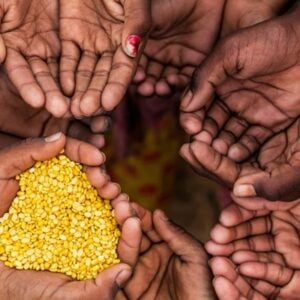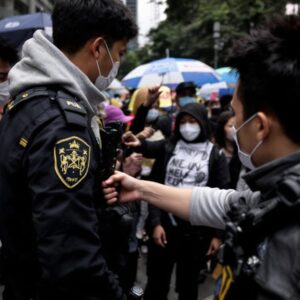Intensifying clashes in Mahas, located in the Hiraan region of Hirshabelle state, Somalia, forced the displacement of over 28,000 residents on 26 July. Additionally, between 23 and 26 July, around 38,000 more people fled violence in the Gedo region of Jubaland state, with some crossing into neighboring Kenya. Security issues have led to the suspension of services in seven health facilities in Hiraan, leaving thousands without vital healthcare. Access for humanitarian agencies has also been limited, especially in remote areas. The crisis worsens amid severe funding shortages, with only $229 million received of the $1.4 billion needed for Somalia’s 2024 humanitarian response.
In Haiti, cholera continues to spread, particularly in displacement camps lacking safe water and sanitation. The outbreak is further straining an already fragile health system amid ongoing political instability, economic challenges, and widespread gang violence, especially in Port-au-Prince. From 13 to 19 July, 34 new suspected cholera cases were reported across six of the country’s 10 departments. Since December 2024, there have been over 2,800 suspected cases, 91 confirmed cases, and 36 deaths. Despite funding constraints, UN partners are distributing purification tablets, oral rehydration salts, and have installed handwashing stations in affected communities to curb transmission.
In a move to support global sustainable development, UN Secretary-General António Guterres has appointed 25 new experts to the UN Committee of Experts on International Cooperation in Tax Matters for the 2025–2029 term. The committee’s role is to guide countries in crafting tax policies that align with social, environmental, and economic development goals. The newly appointed experts bring a broad range of tax policy and administration knowledge from around the world, with a focus on practical, experience-based solutions. The group also reflects gender and geographic diversity, in line with the UN’s commitment to inclusive global tax governance.







